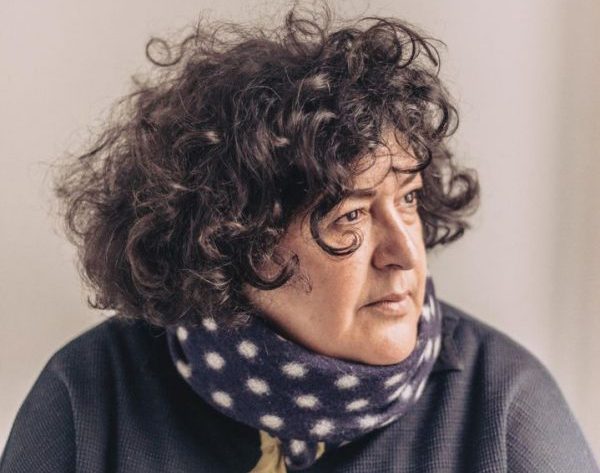
“I would never have guessed it might come to this. I was forced to lose myself in the century of errors that came before me. I’ve become the site of dispute among men. I became, I became again, a “Muslim.” From this madness, this limit, I wasn’t able to escape. This condition put an end to my fiction.” -“Muslim”: A Novel
I first heard about Franco-Algerian writer Zahia Rahmani a few years ago when I was doing research on my dissertation. The translation of her novel “Muslim”: A Novel from French to English hadn’t been published yet. But I read an excerpt from the novel when my research led me to Words Without Borders:
One night, I lost my tongue. My native tongue. I was barely five years old and had been living in France for a few weeks. I could no longer speak a language I once knew, a spoken language, a language of fables, ogre tales, and legends. In one night, a night of dreams or nightmares, I began to speak another language, a European language. I came to it that night. The night when, fast asleep, I encountered an army of elephants . . .
I didn’t grow up as an immigrant; however, like most people around the globe I learnt English as a second language. And Rahmani’s words struck a chord with me.
I had been questioning my relationship to the English language for a while then.
I wanted to read more.

I bought and quickly finished France, Story of a Childhood which is the first text to be translated into English in Rahmani’s trilogy: Moze (2003), “Muslim:” A Novel (2005); France, Story of Childhood (2006).
Rahmani’s simple yet profound style fascinated me. So did the questions her work raised in regards to the marginalized: immigrants, Muslims, women, harkis, and so forth. I remember thinking, “why haven’t I ever heard of her before?”
I’d been studying transnational literature for a while, and her name had never been mentioned in any of my classes before. Was it because of Rahman’s blunt and honest style? I wasn’t sure. I knew that Rahmani’s writing needed to be recognized.
So, when I found out that I was reviewing “Muslim” for World Literature Today, I was elated.
And you can read about why in my review in the summer issue of World Literature Today: https://www.worldliteraturetoday.org/2019/summer/muslim-novel-zahia-rahmani
Also:
You can find more information on Zahia Rahmani here.
Read the interview with the translator of “Muslim”: A Novel here.

